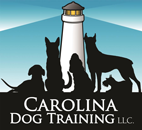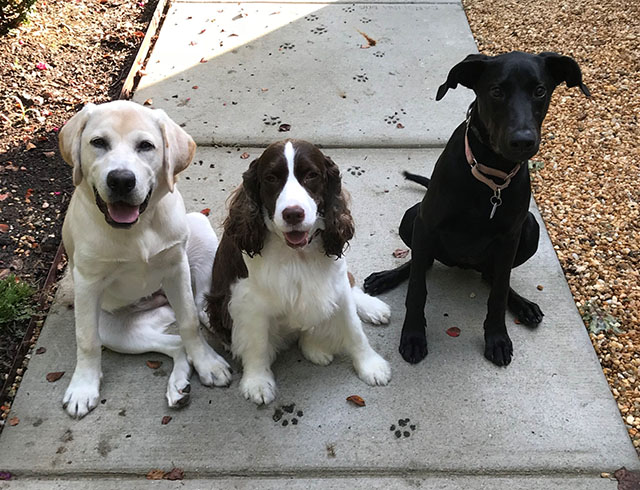Recently, I worked with a family who had a sweet, friendly small dog who only showed aggressive behavior toward one family member and they were puzzled as to why this was.
Dogs instinctively live according to strict hierarchical rules within the pack in order to minimize conflict and simply put: packs that are conflict-free survive. Dogs fight for position because those with higher position get resources such as food first and better resting areas.
Therefore, if a dog within a human family perceives himself as higher up than a specific family member, he will defend and reinforce his position with threatening behaviors such as growling, staring and biting. This is known as dominant aggression.
Dogs who see themselves as the dominant one will fight for their position if they perceive that it’s being challenged by one who is lower on the totem pole.
Things that can trigger this aggressive response can be as innocent as sitting next to the dog on the sofa, getting in your own bed where the dog is laying, taking food or toys away, petting or kissing, or even bending over the dog.
Can this be corrected? The short answer is yes! However, it requires the human to change their own behaviors and attitudes and assume a more assertive role. Being assertive does not mean being angry. It means being forthright and clear in obtaining what you want. Humans must learn how to communicate clearly with their dog and develop a command presence that ultimately conveys their higher position within the family pack. Simple behaviors can be practiced in order to achieve this such as: being first through doorways, sitting on a higher seat, giving rewards such as toys and affection only when earned and leading the walk where you set the pace and direction. Removing all entitlement and requiring all resources to be earned is a good start to hitting the reset button as new rules are applied and consistently enforced.
Of course, it’s much easier to begin a healthy, balanced relationship that has clear human leadership when your dog is newly adopted into the family pack rather than after unwanted, aggressive behaviors have already begun.
Begin your relationship by setting rules such as this is where you potty and sleep and this is how we enter, eat, play and walk. Just as humans have rules for every aspect of life, dogs, too, must have rules that are consistently, patiently, fairly and firmly enforced. This will not only communicate to your dog who is in charge and keeps the pack safe, but also creates trust and security in your dog.
The good news is that most dog behaviors can be changed especially when enlisting professional help. More importantly though, begin by practicing leadership by enforcing clear rules with your dog from the moment he comes home in order to build a peaceful, healthy and trusting relationship from the start.


